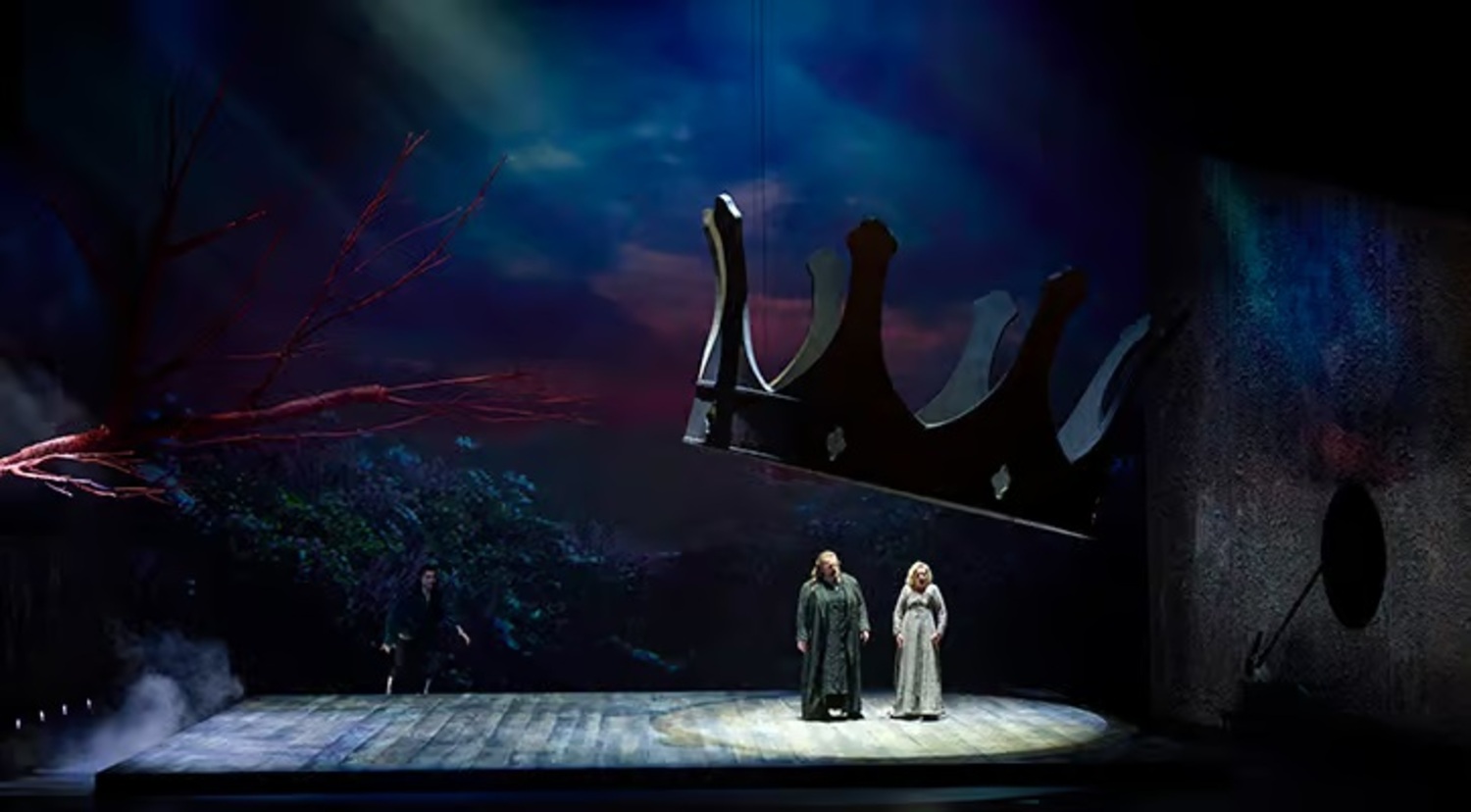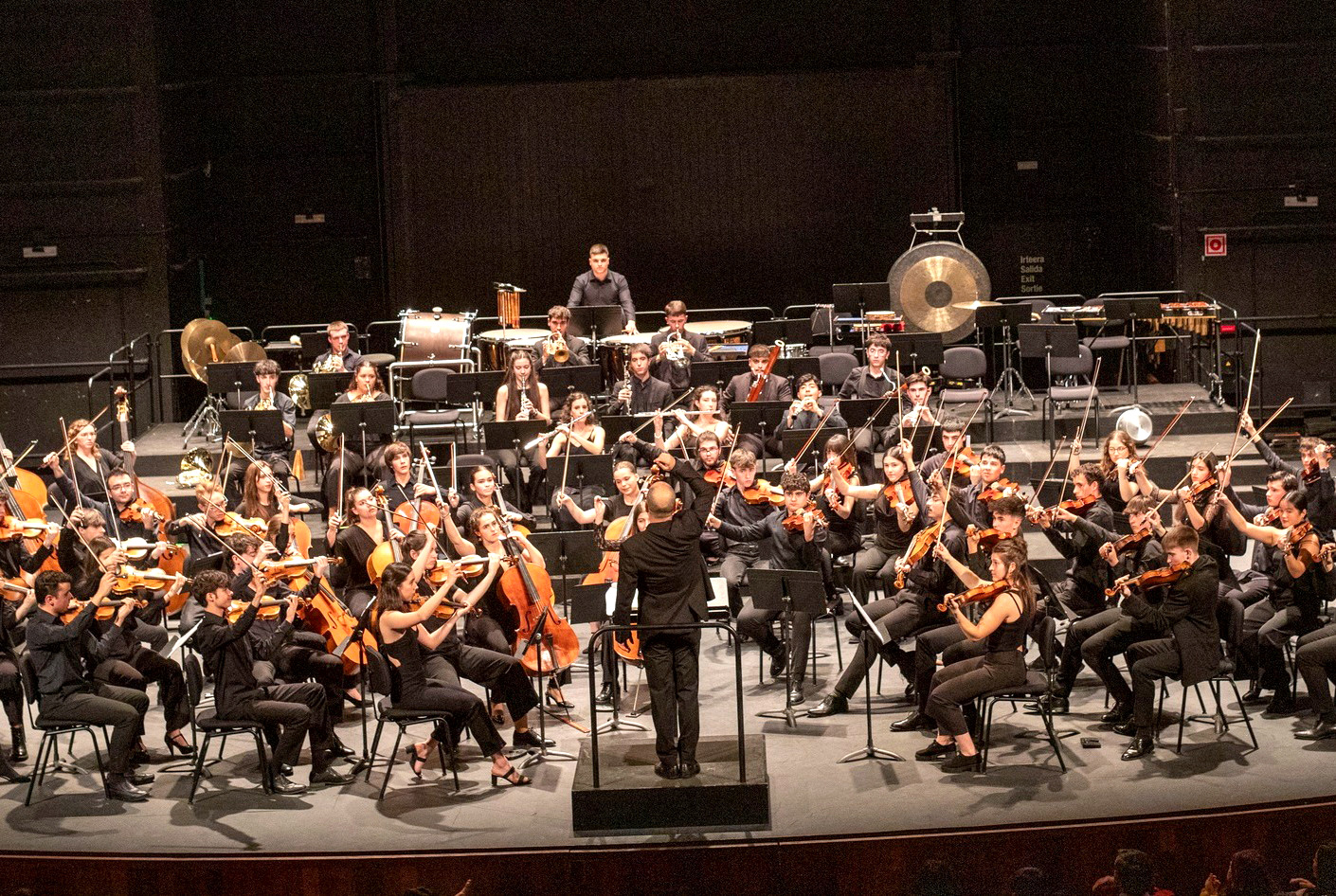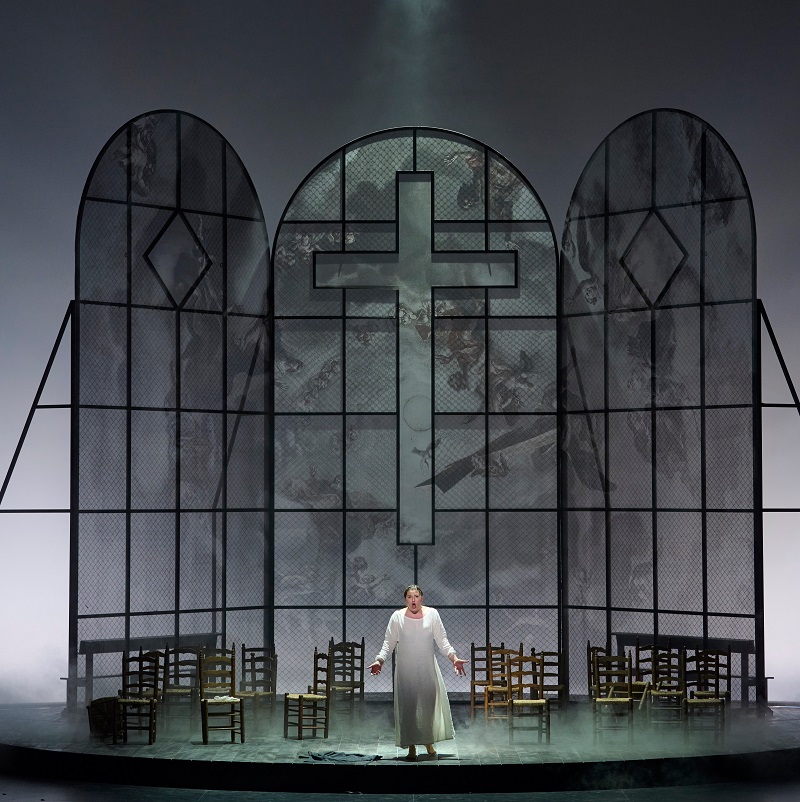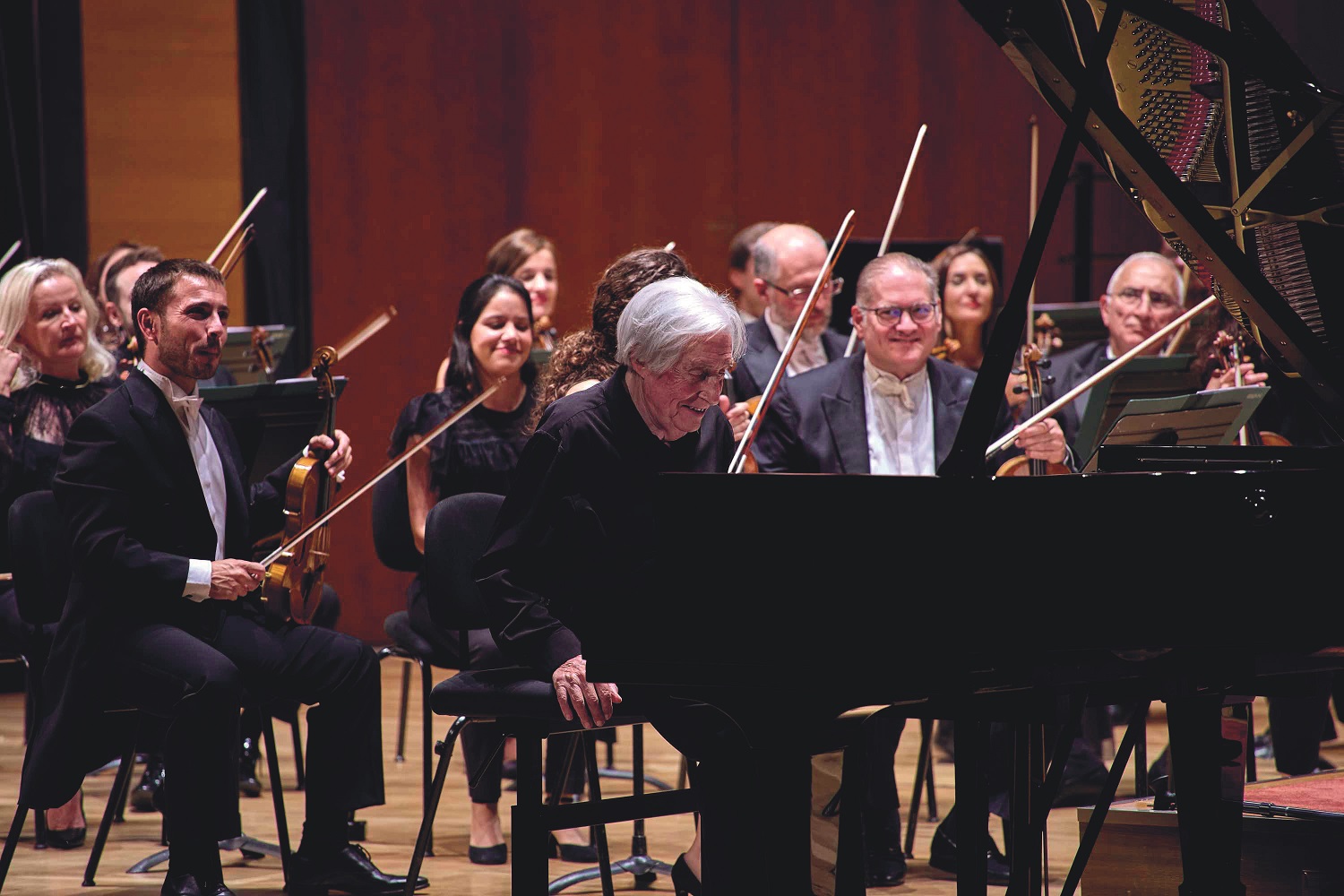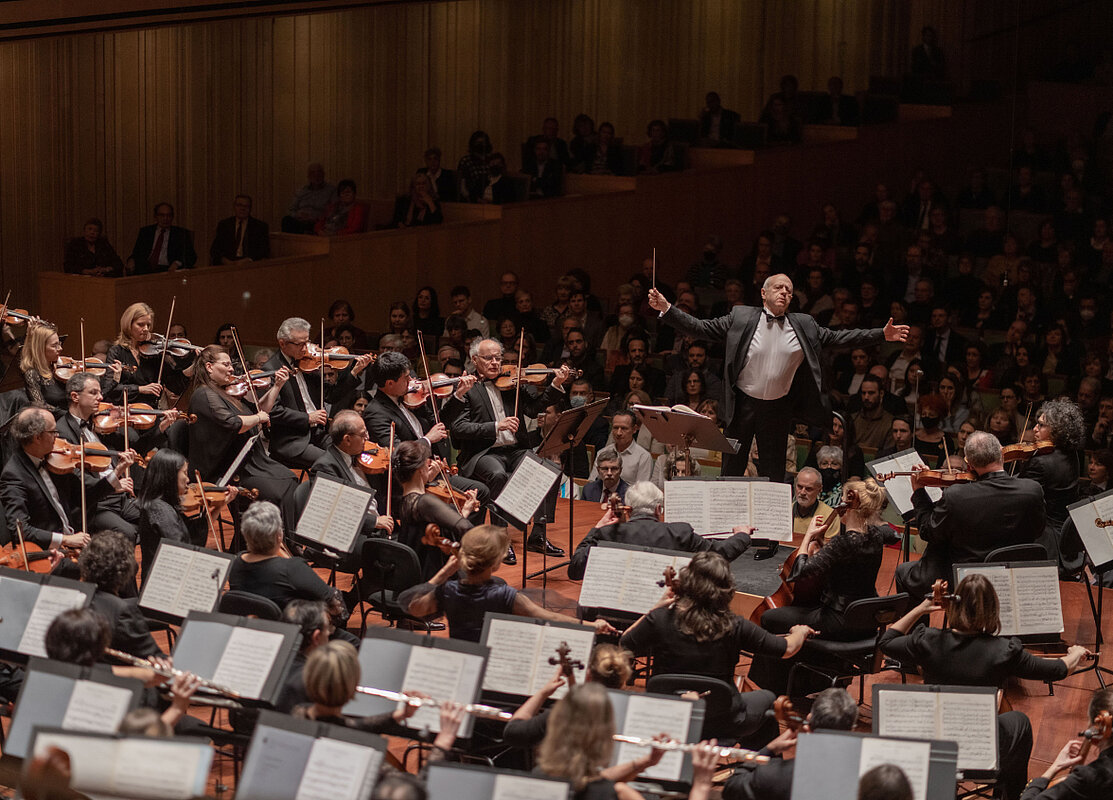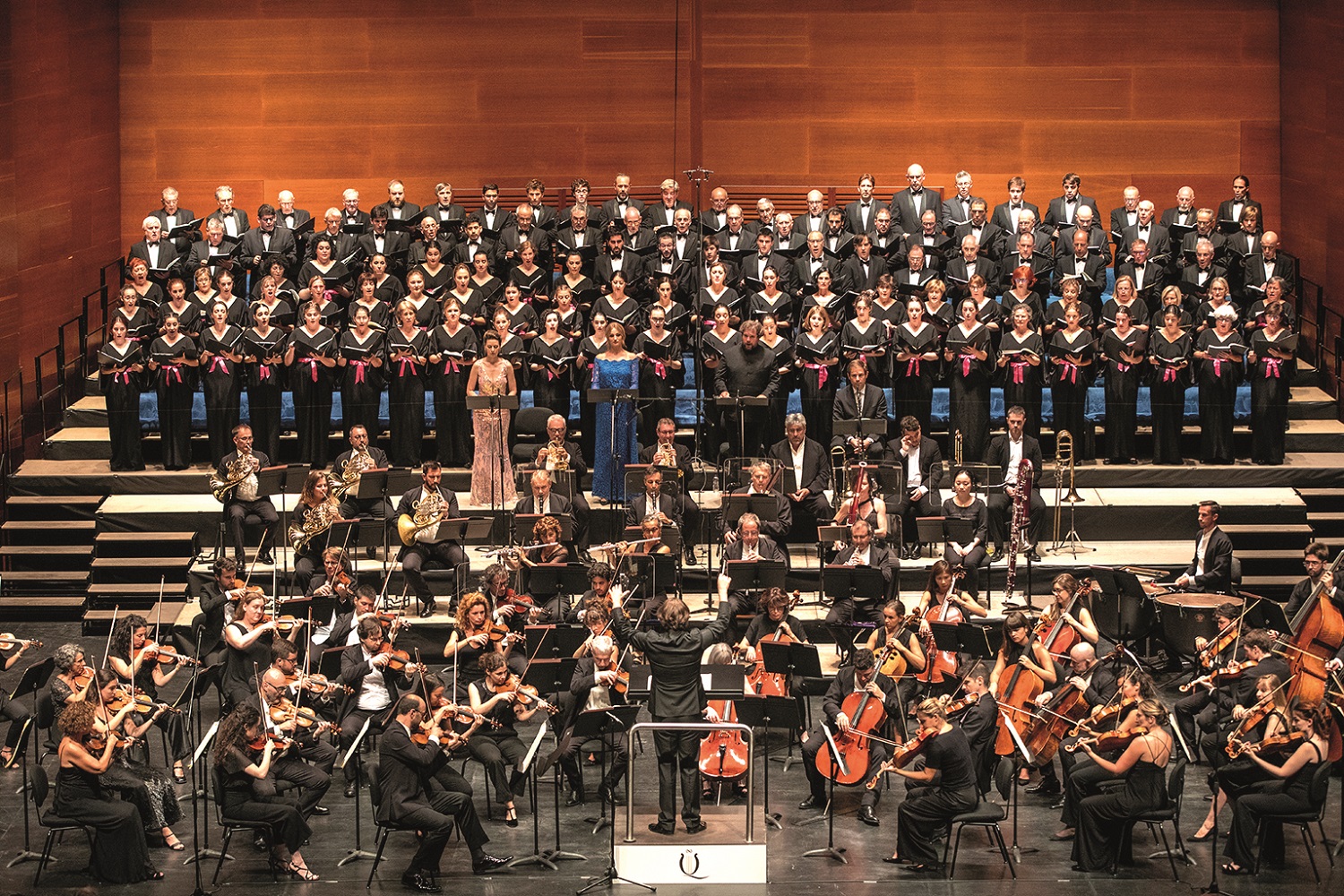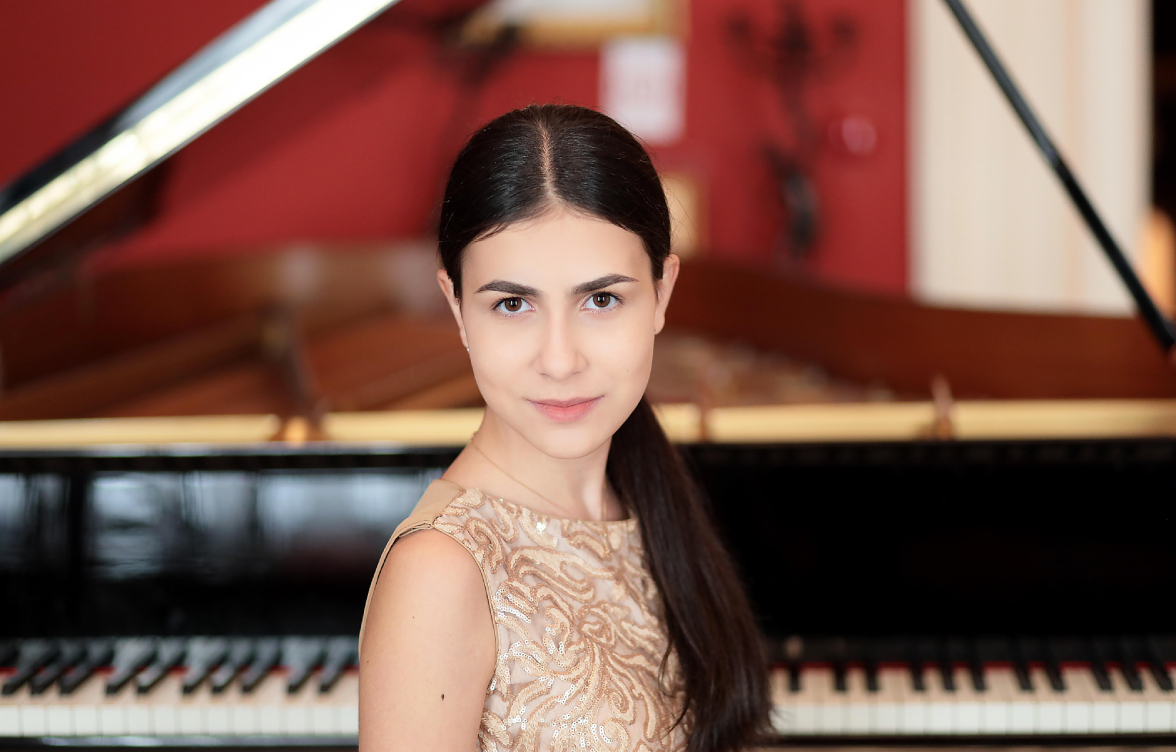Puccini: the favorite
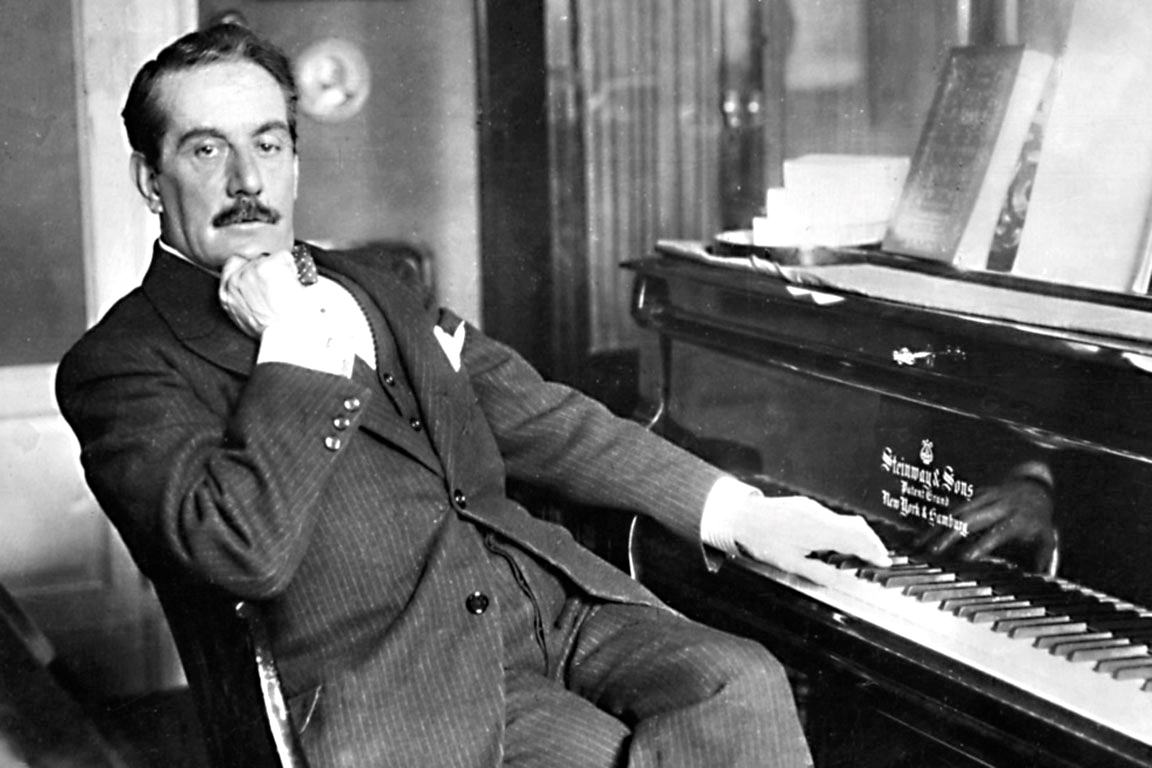
Taking into account that in mid-May
ABAO will offer us one of its most beautiful operas, La Bohème, and that this year marks the centenary of his death, I believe that a biographical/artistic explanation of Giacomo Puccini is essential. Of course, among opera lovers, Puccini occupies a prominent place, but the most interesting thing about this composer is that his music moves and touches people who in principle have no special interest in this art. I know many people who recognize that opera bores them, but yet these people find some operas' passages like Madama Butterfly, La Bohème or Turandot very exciting. I mean,
Puccini comes to the heart of everyone, and that's right. Born in Lucca (Tuscany, Italy) in 1858, the composer is one of the last representatives of operatic verism, a movement whose origin is literary naturalism. Puccini, however, departs somewhat from this verism and has very different influences: he admired Richard Wagner, Bizet or the French composer Massenet. They learned to carefully reflect the peculiar colors of places and history. In fact, Puccini is characterized by its ability to perform excellent musical reconstructions of the historical environment of each time: China from Turandot, Japan from Madama Butterfly, Western United States of America in West Fanciulla, Manon Lescaut and La Bohèmee's father, Schgi-Channi en. All these contexts and environments are perfectly reflected in their work. To explain Puccini's influence on the public, to all of this we have to add that he was a composer with a very special personality. At the time, at the end of the 19th century and the beginning of URL 0, the musical avant-garde began, from which she abandoned. He composed thinking about the public, took great care of the representations and followed the tours of his works around the world. The musical critique said, in
a way, that it was commercial, and they didn't appreciate it too much. He was accused of not being Italian, Russian, German or French. Not much less. Perhaps his most important invention was his eclecticism. He skilfully understood and synthesized different languages and musical cultures. All this cocktail and much more was Puccini. Don't miss
La Bohème next month.
Opera 'Tristan und Isolde'
Bilbao Symphony Orchestra. Directed by: Assisted by Erik Nielsen.
The Bilbao Opera Choir. Directed by: Assisted by Boris Dujin.
The stage director: To the Allex Eagle.
The soloists: I'm talking about R. Assisted by Nicholls, G. By Hughes Jones, M. The... [+]
Basque Country Herriko Gazte Orkestra. Winter Meeting
Director: Iker Sánchez.
Narrator: Kepa Errasti.
Programme: Works by Britt and Beethoven.
Place: Victoria Eugenia Theatre, Donostia.
Day: 2 January.
-----------------------------------------------
After 27 years, we... [+]
Il Trittico de Puccini
by: Symphony Orchestra of Navarra and Opera Choir of Bilbao.
Scene address: Paco Azorín.
Soloists: The great C. Alvarez, A. Blancas, M. Berti C. Isotton, K. Mattila, A. Ibarra, S. Esparza e I. The hotel.
Where: Euskalduna Palace of Bilbao.
... [+]
When we talk about French composers, we think of Claude Debussy and Ravel. There are those who have fun defending one or the other as the best French composer of all time. Frankly, two geniuses have been absolute, as a result of the circumstances of their time. They were a very... [+]
Opera groups Don Pasquale de
Donizetti: OSE and Bilbao Opera Choir.
Soloists: S. Orfila M.J. Moreno, F. Demuro, D. Del Castillo, P.M. Sánchez.
Stage Director: Emiliano Suárez.
Scenography Alfons Flores.
Place: Euskalduna Palace
Date: 19 October.
... [+]
Concert organized by the Columbus Foundation within the RenHagan Music Festival.
Bilbao Symphony Orchestra.
Address: Ramón Tebar.
Soloist: Joaquín Achúcarro.
Programme: Works by Guridi, Grieg and Brahms.
Place: Euskalduna Palace of Bilbao.
Date: 13 September.
... [+]
Quincena Musical of San Sebastian Orchestra
of the Basque Country: Address: J. Rohrer.
Orfeón Donostiarra: Address: J.A. Sáinz Alfaro.
Soloists: The great C. Reiss V. Karkacheva M. Schmitt, H. Müller-Brachmann.
Programme: In the Solemnis Mass of Beethoven, op. 123.
Place:... [+]
Sheet: Quincena Musical from San Sebastian. Kursaal Auditorium Cycle.
Orchestre Philharmonique de Radio France
Address: Mikko Franck
Soloist: Sol Gabta (cello).
Programme: Works by Debussy, Lalo, Ravel and Stravinsky.
Place: Auditorium Kursaal.Fecha: 30... [+]
Sheet: Quincena Musical from San Sebastian. Kursaal Auditorium Cycle.
Orchestra Filarmónica della Scala de Milan. Address: Riccardo Chailly
Programme: Works by Tchaikovsky and Ravel.
Place: Kursaal auditorium.
Date: 27 August
Perhaps the philharmonic of the Scala of... [+]
Sheet: Quincena Musical from San Sebastian. Cycle Victoria Eugenia.
Alexandra Dovgan (piano).
Programme: Works by Beethoven, Schumann, Rachmaninov and Scriabin.
Place: Victoria Eugenia Theatre. Date: 19 August.
The great composer Luciano Berio said that the virtuosos... [+]
Orchestra Budapest Festival. Address: Ivan Fischer.
Orfeón Donostiarra. Address: José Antonio Sainz Alfaro.
Soloists: Anna Lena Elbert (soprano), Olivia Vermeulen (contralto), Martin Mitterrutzner (tenor), Hanno Müller-Brachmann (low). Place: Audit Kursaal.Fecha: 18... [+]











